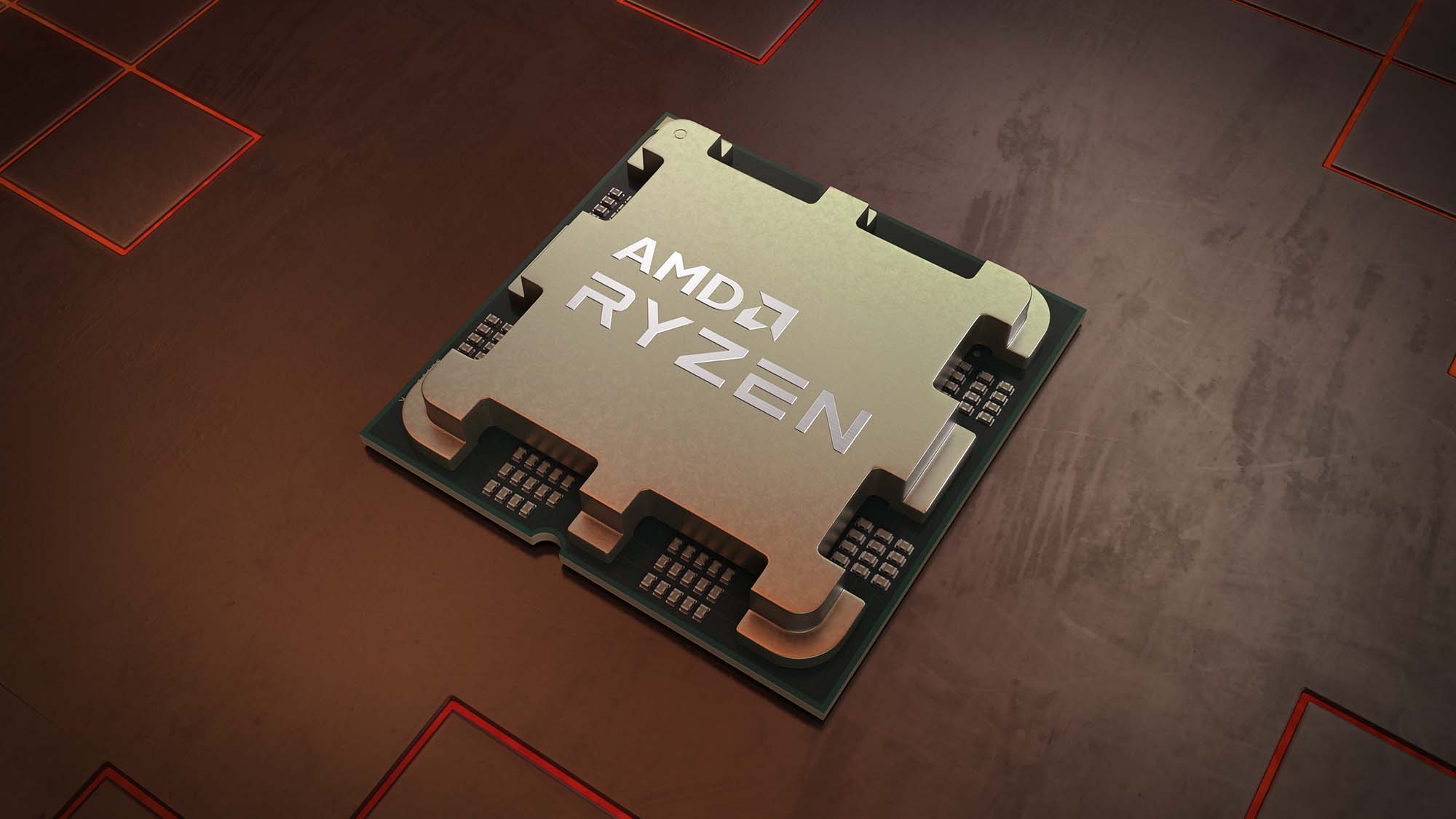AMD could drop support for Windows 10 with Zen 5 Strix Point CPUs – a cold, hard reminder the OS is on its way out
Strix Point chips are expected to turn up later this year, and could drop driver support for the older OS

Windows 10’s days are numbered – well, we know that, as support runs out next year (with some potentially nasty consequences) – but it seems AMD is underlining that with its incoming Strix Point APUs, at least if a fresh rumor is right.
If a well-connected person posting on Weibo is correct – this is seemingly Lenovo’s China manager, as TechSpot reports – then the release of Zen 5-based Strix Point chips will witness Team Red drop support for Windows 10 drivers.
That means these incoming APUs – a fancy term for all-in-one processors, with integrated graphics and an NPU bundled up together – will only be good for Windows 11 PCs.
The manager also estimates that the IPC (Instructions per Clock) increase for Zen 5 CPUs will be around 10%, which is notably lower than some other estimates we’ve seen thus far (which are more in the 15% to 20% area, or even slightly higher).
Naturally, as this is a rumor from Weibo – not our most favored source for speculation – heap on the seasoning with this one.
Analysis: It’s all about AI
Windows 10 is, of course, still a lot more popular than Windows 11. Indeed, Microsoft’s newer OS has struggled to attract users since it was first released, and still Windows 11 only has 26% of Windows market share going by the latest statistics from Statcounter – with Windows 10 maintaining the lion’s share.
Even in gaming, Windows 11 might be doing much better than with everyday users, but it’s still behind Windows 10 (albeit the newer platform is closing on 50% finally, according to the latest Steam hardware survey).
Get daily insight, inspiration and deals in your inbox
Sign up for breaking news, reviews, opinion, top tech deals, and more.
So why would AMD look to abandon Windows 10 early – if, indeed, this is happening? Well, for starters, Windows 10 is on its way out of the door next year, as we already noted (support ends in October 2025).
Also, as TechSpot observes, Strix Point chips are at least partly about pushing hard with AI – and getting close to 80 TOPS (trillions of operations per second). And when it comes to AI, Windows 11 is very much where it’s at – the revolutionary piece of Microsoft’s puzzle, purportedly ‘AI Explorer,’ will be introduced with the 24H2 update, and this will need those faster chips capable of pushing further with TOPS to make AI functionality run swiftly enough.
In short, we need to remember that Strix Point will be powering AI PCs and new devices that’ll have Windows 11 anyway.
You might also like
Darren is a freelancer writing news and features for TechRadar (and occasionally T3) across a broad range of computing topics including CPUs, GPUs, various other hardware, VPNs, antivirus and more. He has written about tech for the best part of three decades, and writes books in his spare time (his debut novel - 'I Know What You Did Last Supper' - was published by Hachette UK in 2013).